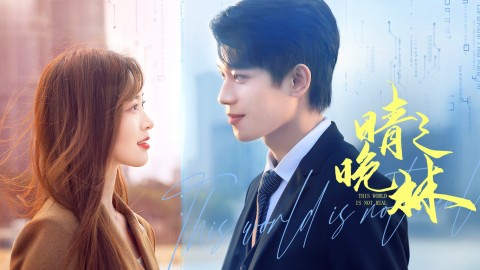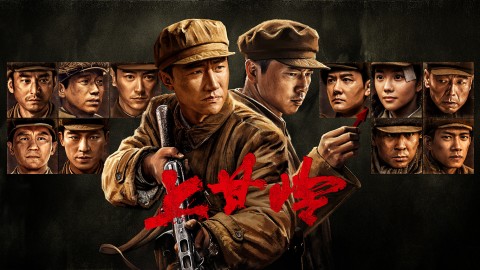Episode 11 recap: The delivery guy's conviction unexpectedly took a turn.
During the adjournment, Ma La Song asked the defendant if they had anything else to say. The defendant claimed to have returned the helmet to the plaintiff but couldn't be sure if it was the same one they had dropped. The defendant was emotionally distressed and didn't anticipate causing such harm.
During the recess, everyone started discussing the situation at home. Ma La Song was still considering whether the defendant's actions constituted a crime or just misappropriation of duty, which would result in a reduced sentence. In the end, the defendant was found not guilty and released on the spot. The defendant expressed gratitude to Ma La Song for the verdict, and Ma La Song comforted them, hoping they would learn from the experience.
Qi Heng was still reviewing materials related to Zheng Duo. Ma La Song handed the case to Qi Heng for signing and received praise from Qi Heng for handling the case very reasonably. Ma La Song stated that they were just doing what they should.
Afterward, Ma La Song continued to look at the next case, which involved a group fraud. Due to the large amount of money swindled from students, a heavy sentence was necessary. The next day, Ma La Song was busy preparing for a blind date, but their mind was not focused on it; instead, they were thinking about their case. The other party asked Ma La Song about the case, and they had a pleasant conversation.
When Ma La Song returned home, their mother eagerly inquired about the situation. Ma La Song mentioned not feeling a strong connection with the person. Although they received gifts from the person, Ma La Song didn't take advantage and instead discreetly put the money in their bag.
Later, Wan Feng, the blind date, came to the court to meet Ma La Song. Upon learning that Ma La Song would publicly try a telecommunications fraud case the next day, Wan Feng expressed interest in observing it. Ma La Song agreed since it was an open trial accessible to anyone.
At that moment, Ma La Song's colleague, Xiao Ou, came over and found Wan Feng familiar. Xiao Ou realized that Wan Feng was involved in the telecommunications fraud case and quickly informed Ma La Song. Ma La Song grabbed their colleague's hand and prepared to leave, but Wan Feng kept holding onto them.
At that moment, Qi Heng arrived, and Ma La Song quickly explained the other person's intentions. Qi Heng took the back door and then took the two subordinates away. After Qi Heng left, they exchanged jokes with Ma La Song, who then stated firmly that they would never act out of personal interests.
Soon it was time for the court's closing conference. Liu Yueyang also received some praise, and Ma La Song likewise received appreciation. The Criminal Division One also received commendation. After returning, everyone praised Niu Geng. When the exams came, Ma La Song passed smoothly.
Wang Mo was initially very nervous, but luckily everything went smoothly, which was good news for everyone. Qi Heng called Ma La Song to the office. It turned out that the telecommunications fraud case handled by Ma La Song had been affirmed. Qi Heng also asked Ma La Song to join them in giving a judicial sharing session at their alma mater, the Political and Legal University, in the afternoon. Ma La Song hesitated at first but eventually agreed.
Qi Heng gave the final lecture to the graduates, explaining the concepts of justice and the nature of good and evil. In reality, whether one follows human nature, whether it is evil or good, the law will make the final judgment in the most impartial manner. Later, when Ma La Song shared their experiences on stage, they were relaxed, and they shared their own experiences with everyone.



Watching this drama feels like watching a documentary about North Korea. There's a forced sense of going to school and attending public lectures. The plot lacks logic, and the romantic scenes are awkward.
It completely transcends reality within the show, creating an idealized world detached from reality. What is the significance of this drama? Even if it's meant for public education, it should be closer to life, closer to reality, allowing the audience to understand through the storyline.